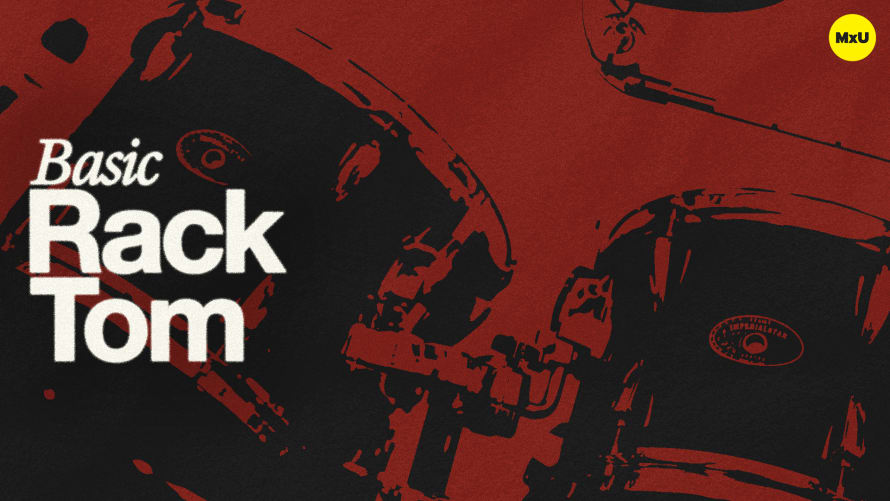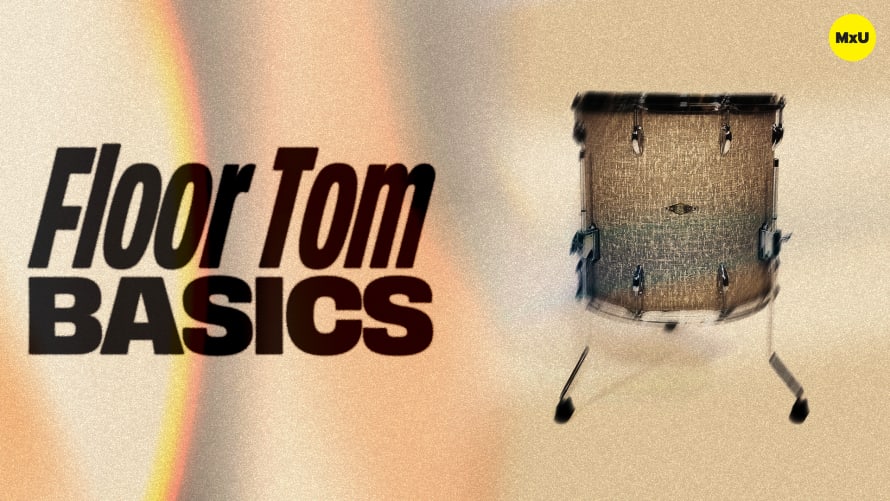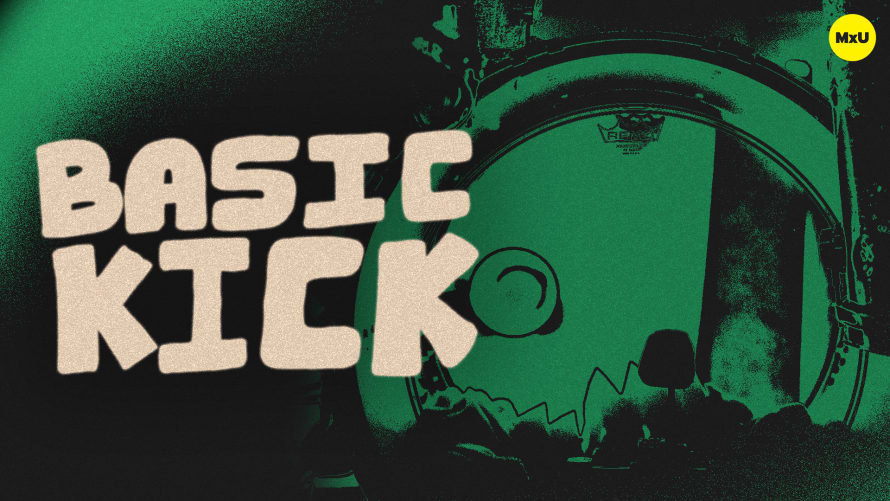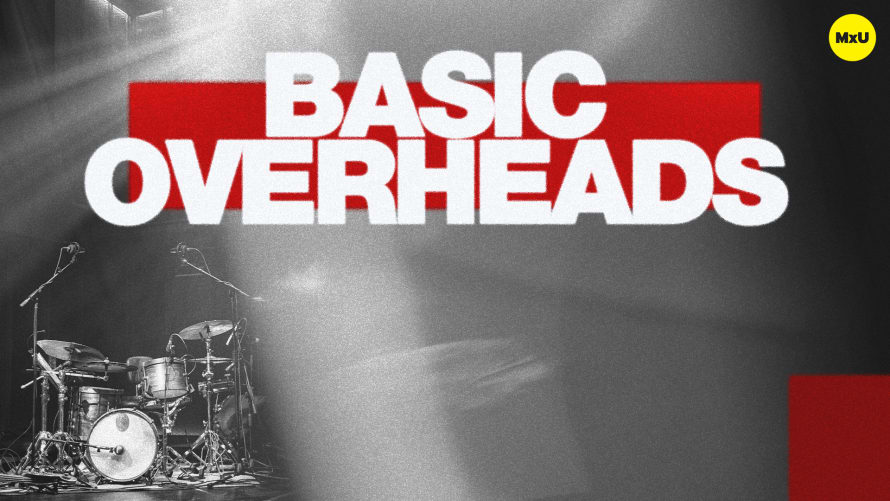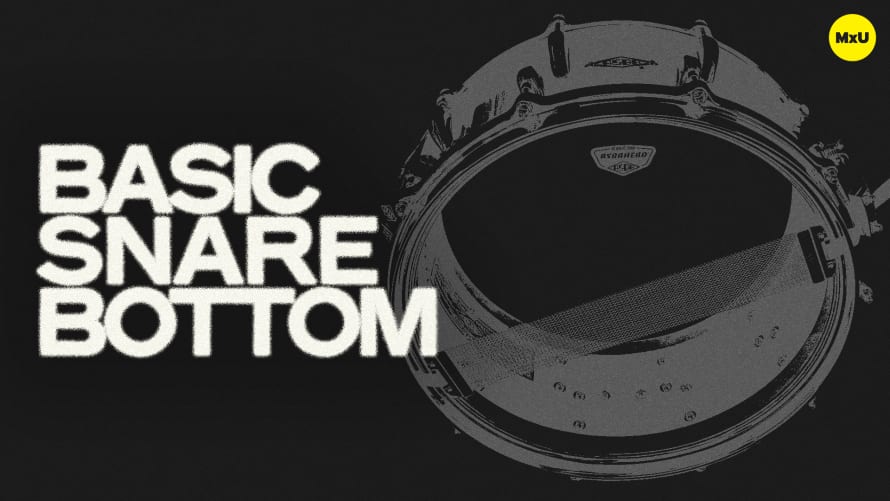Basic Rack Toms
More in MxU
Craft a clear and impactful tom drum sound with Lee, Jeff, and Andrew. Learn how to handle common challenges. For example, eliminate boxiness, add clarity, and achieve sonic separation within a drum kit.
Key Points:
- Identify and reduce boxiness in tom drums. Boxiness is usually found in the 400-500 Hz range. This will enhance clarity.
- It’s important to adjust mid frequencies to allow the top end of the tom to speak more clearly.
- You can prevent low-mid interference from other drum components, like the kick drum, by using a high-pass filter. You can set it to start around 50-60 Hz.
- The additive nature of mixing drum sounds means it’s important to be vigilant about low-end elements that could cause issues later.
- Utilize stereo panning to create separation within the kit, enhancing the spatial feel of the mix. For example, panning the rack tom slightly to the right. Always do this from the audience perspective.
- Gating is important in isolating the tom sound. Adjust the gate threshold to ensure only the desired tom is prominent, while range can help for some bleed, like cymbal sounds, to remain.
- Adding reverb can sometimes enhance drum sound, but it can also feel artificial, especially when overhead mics are used.

